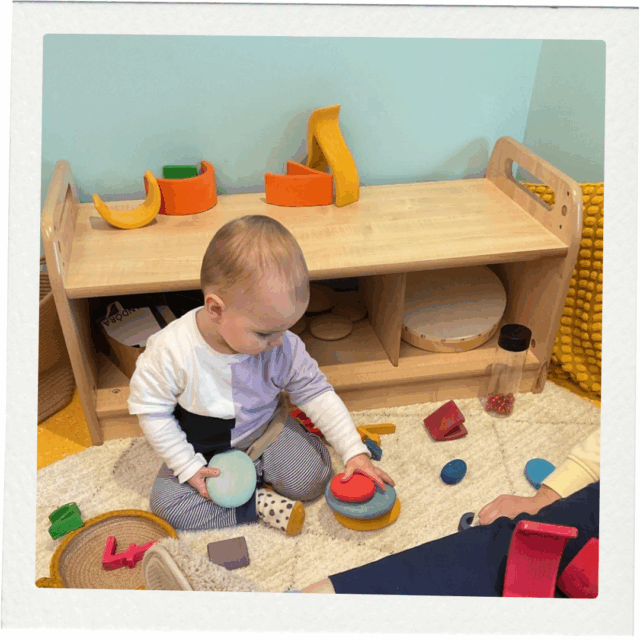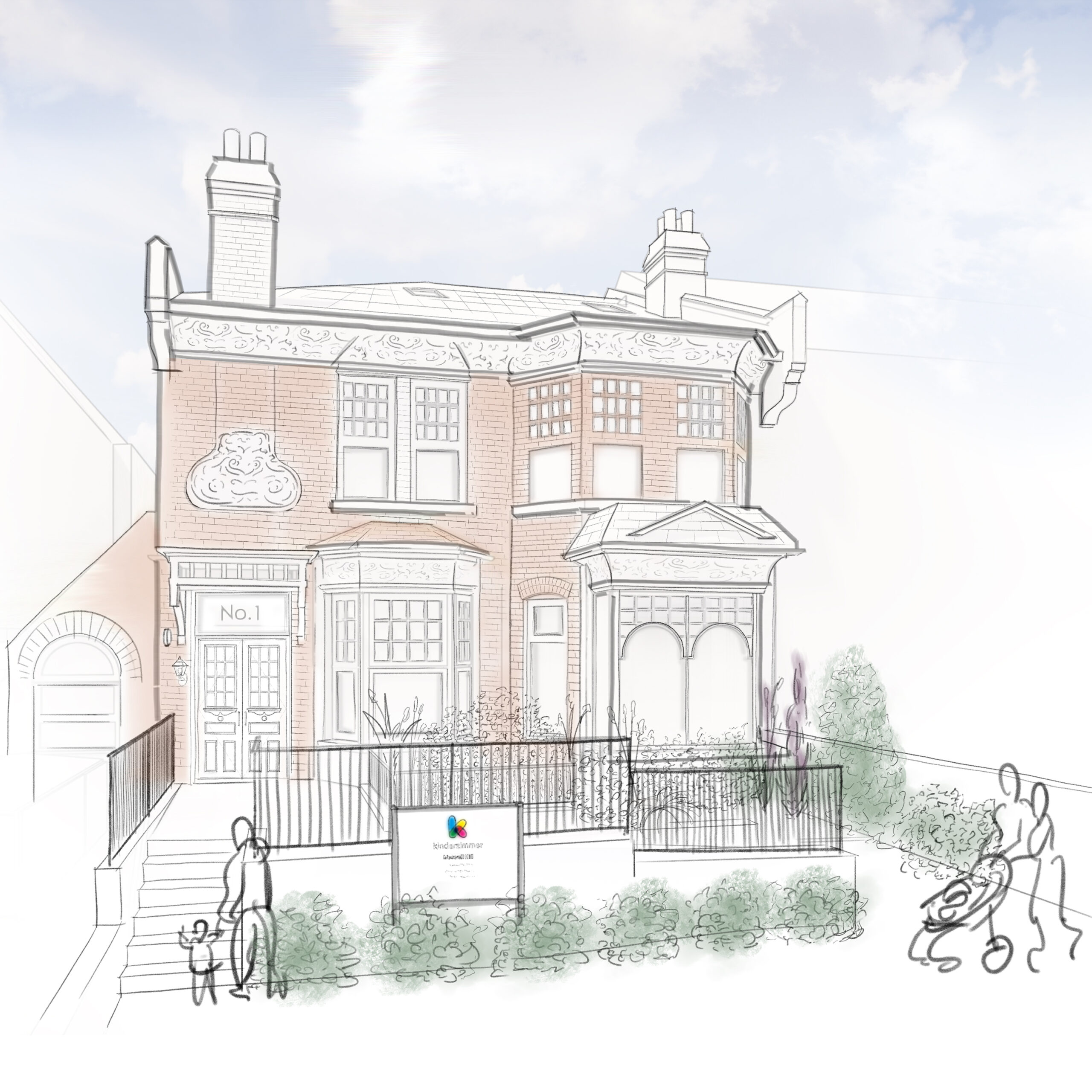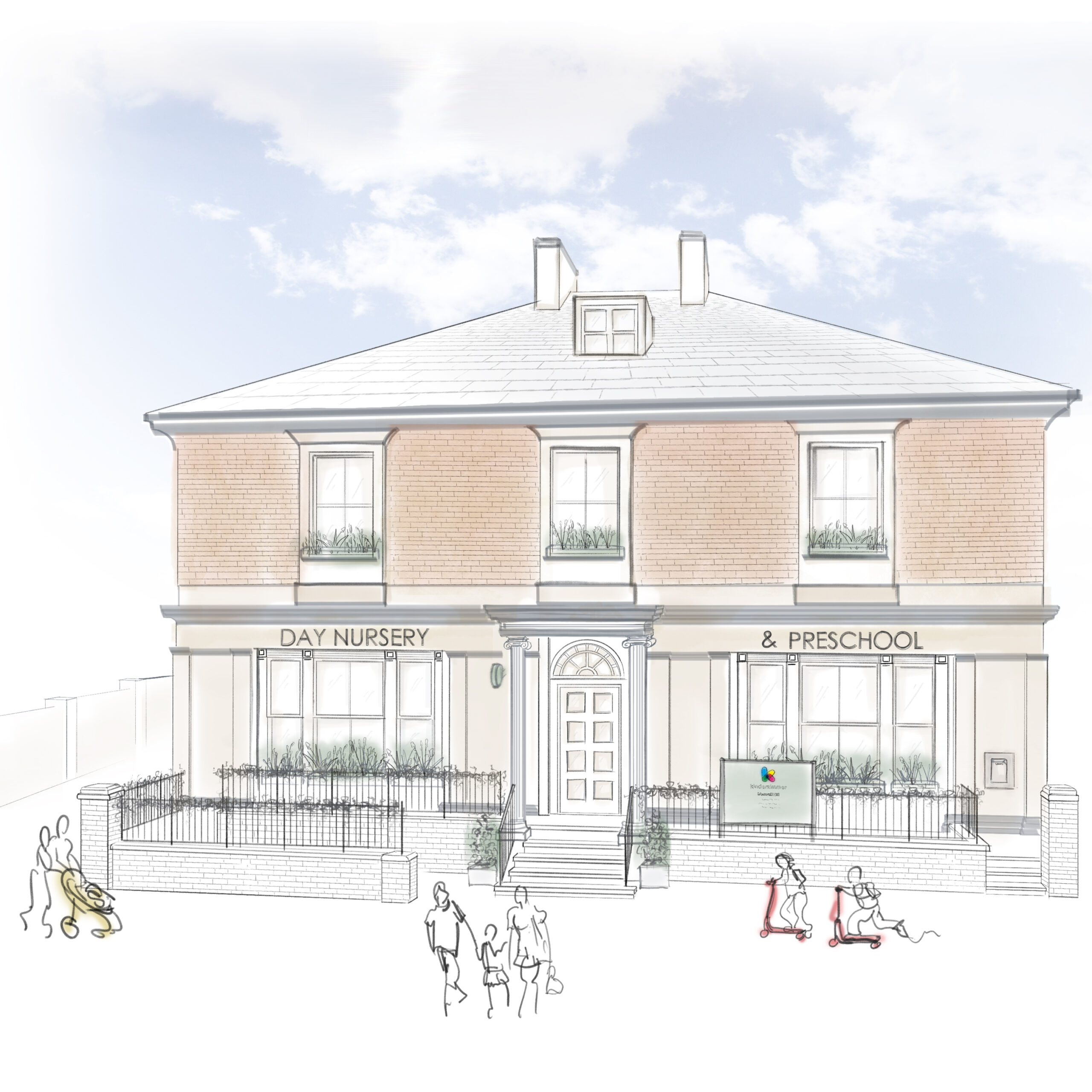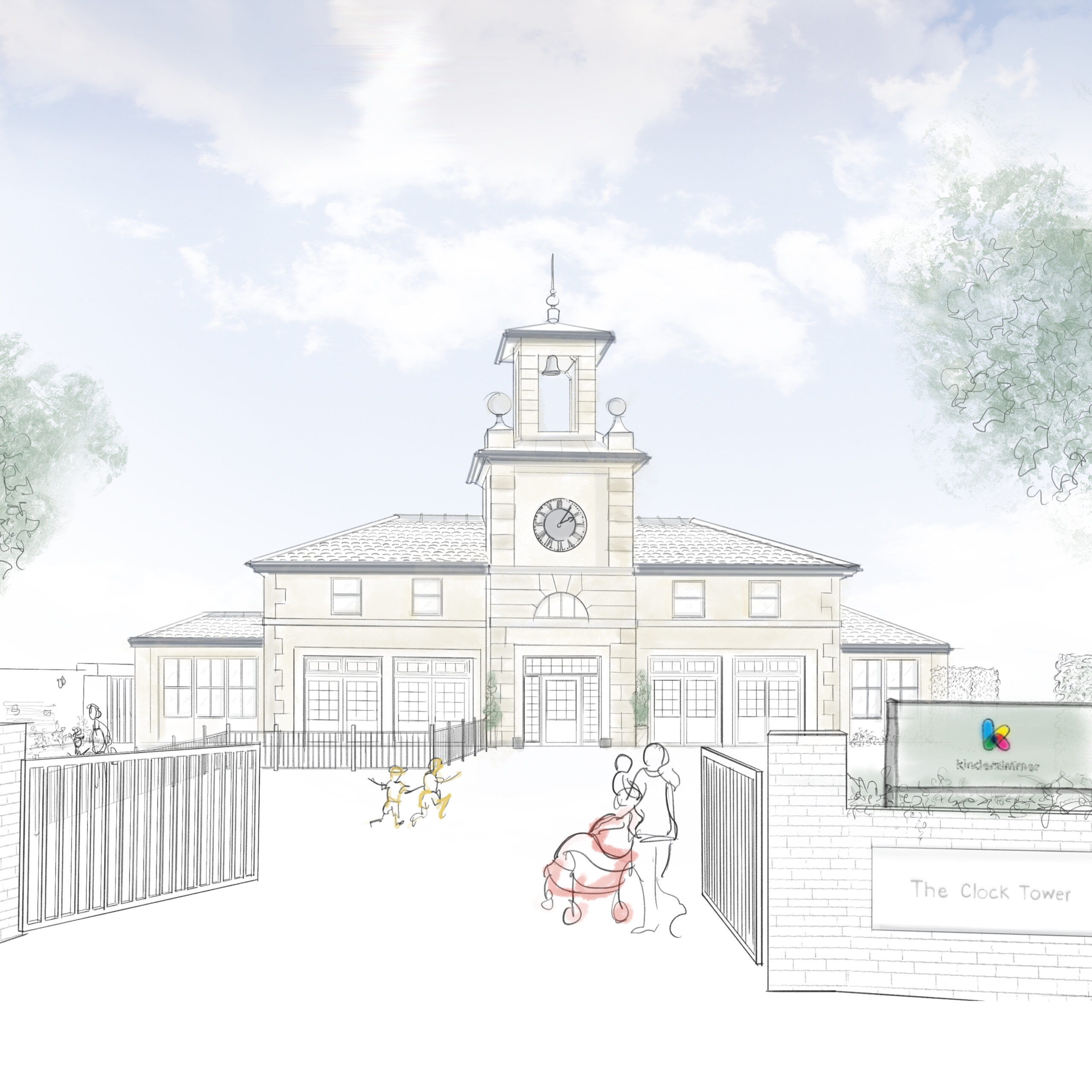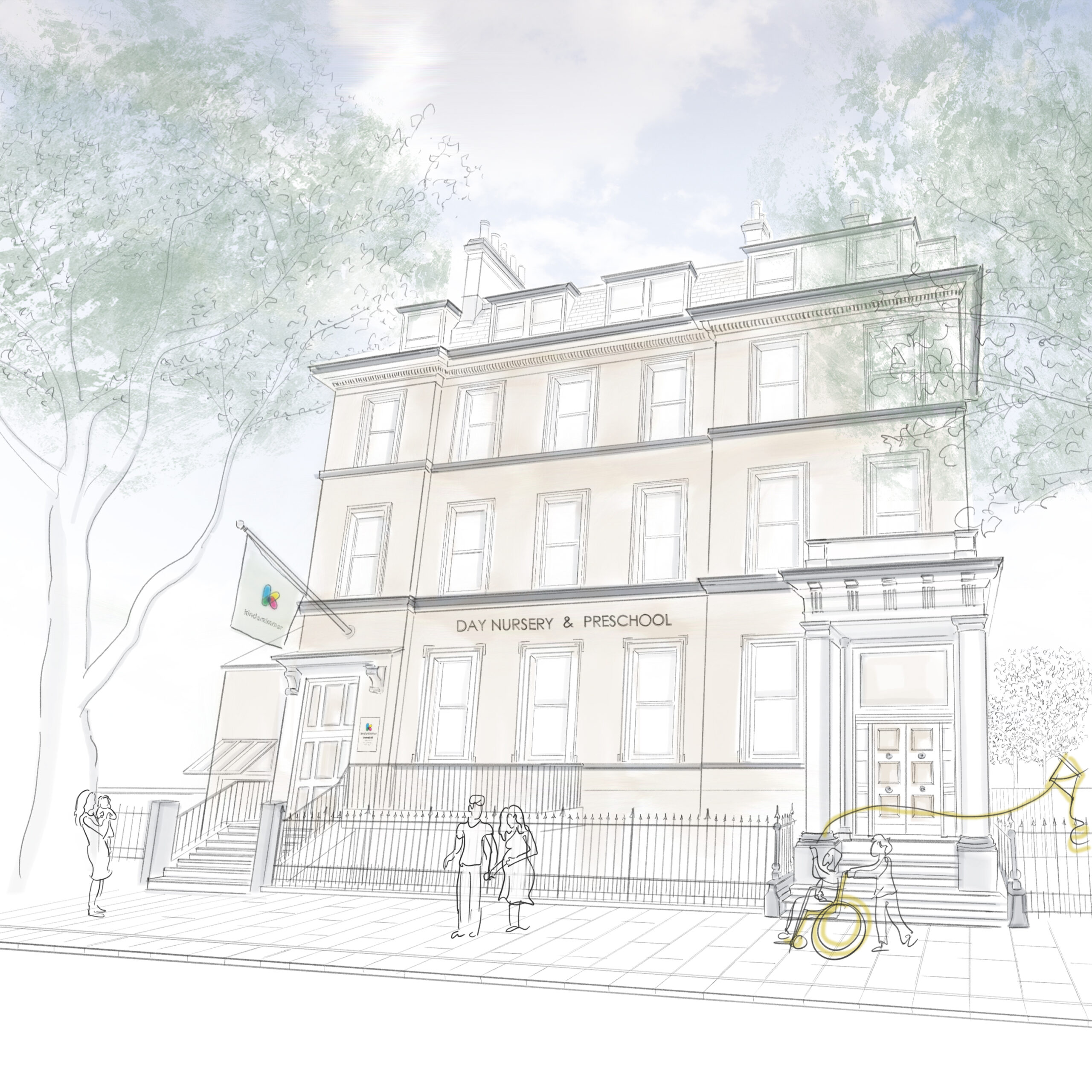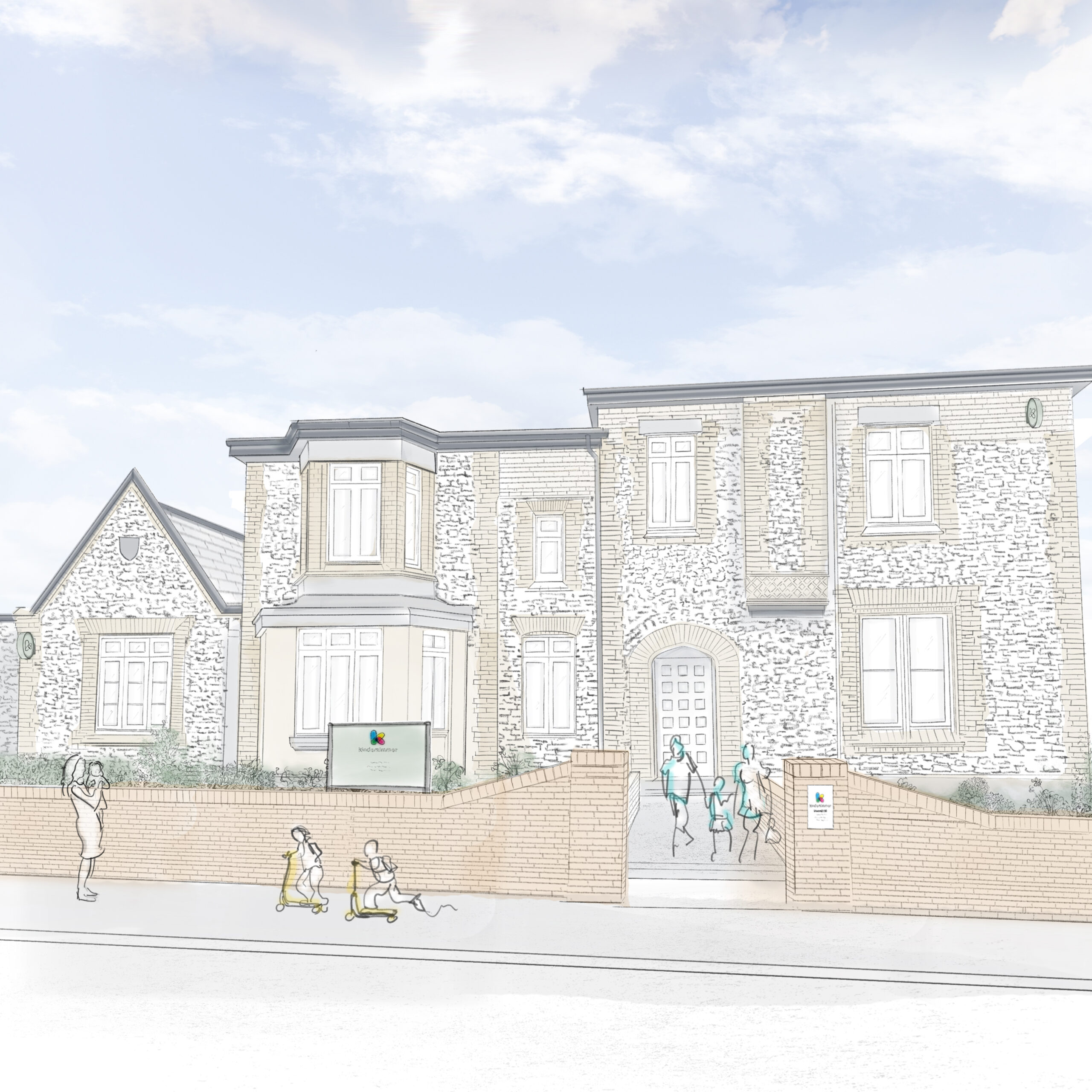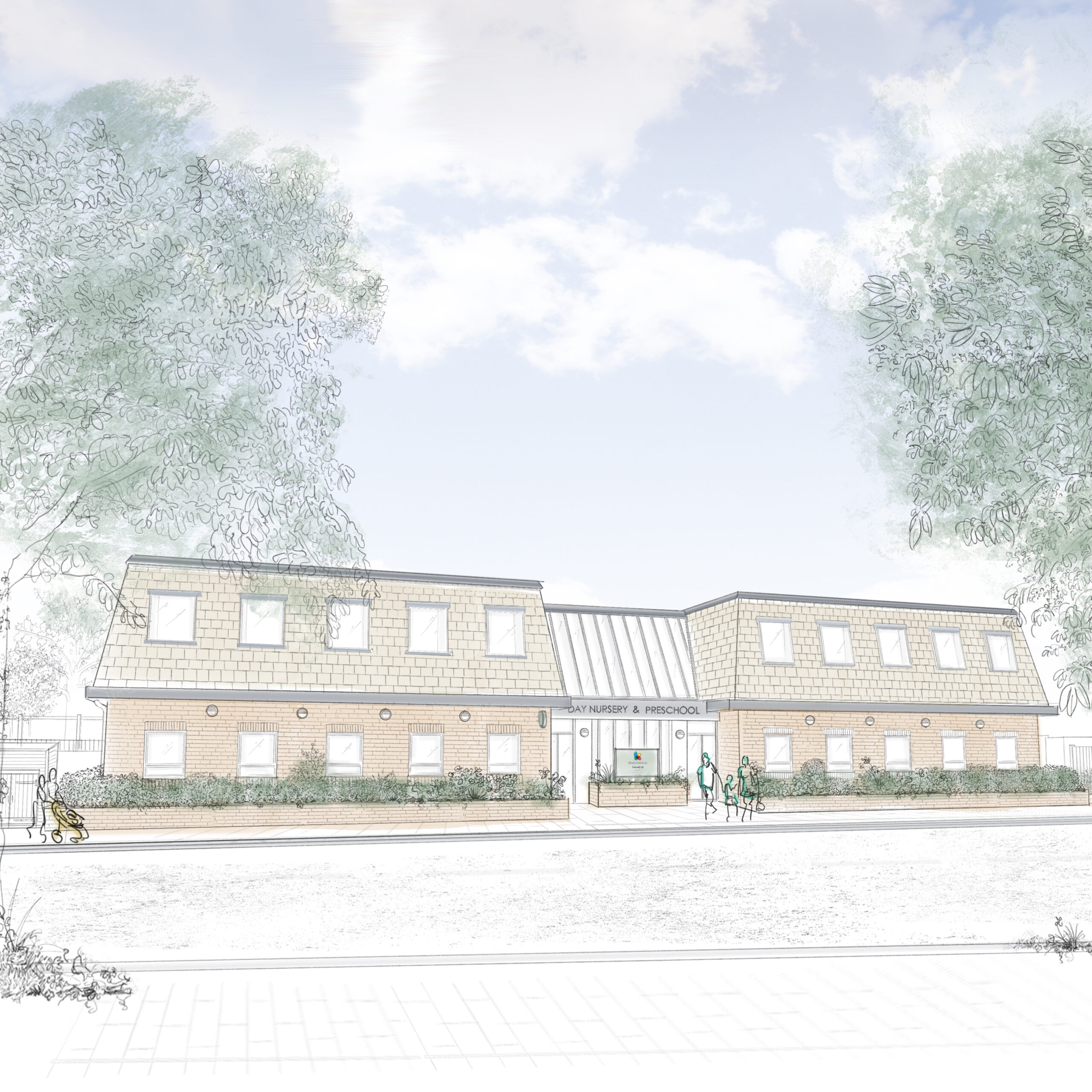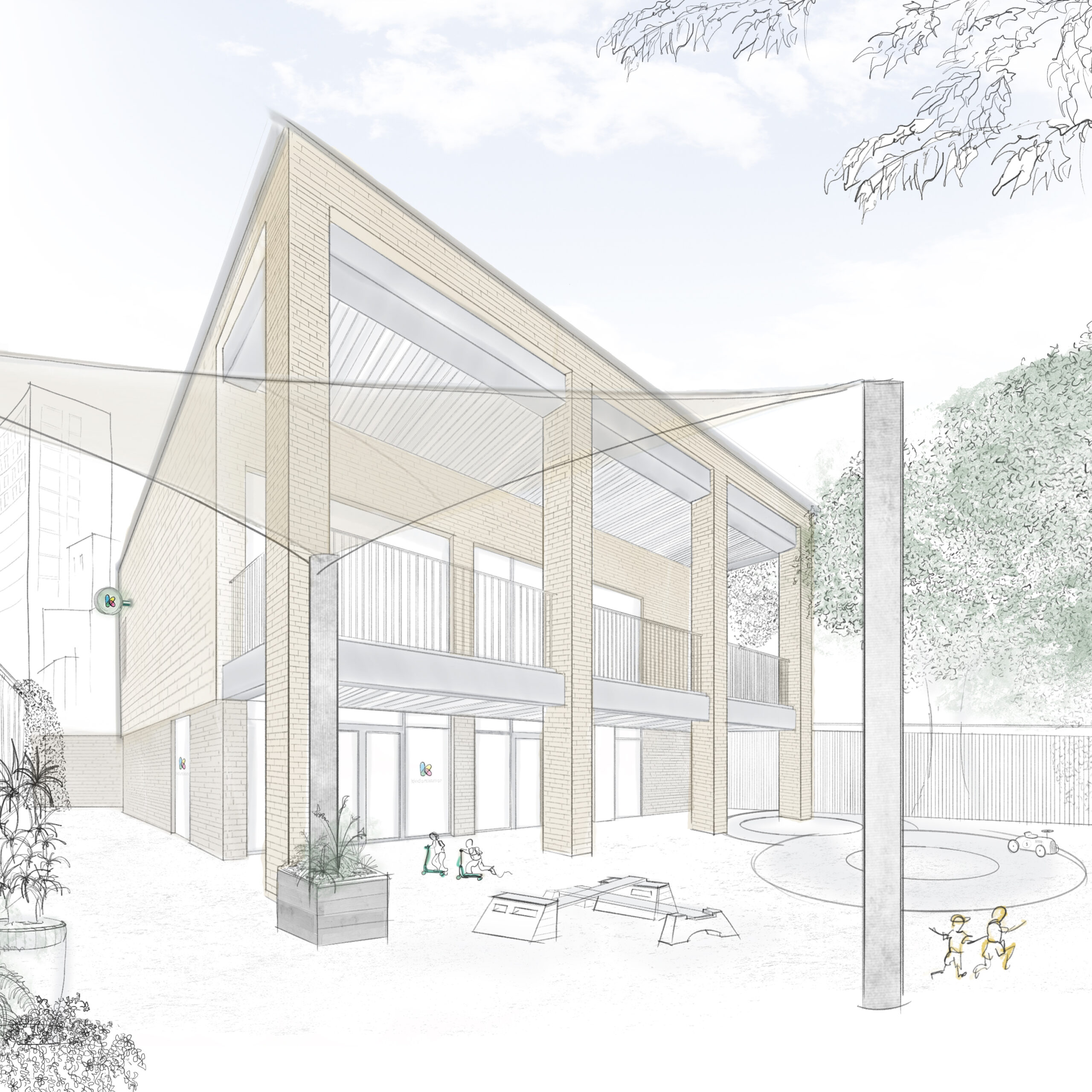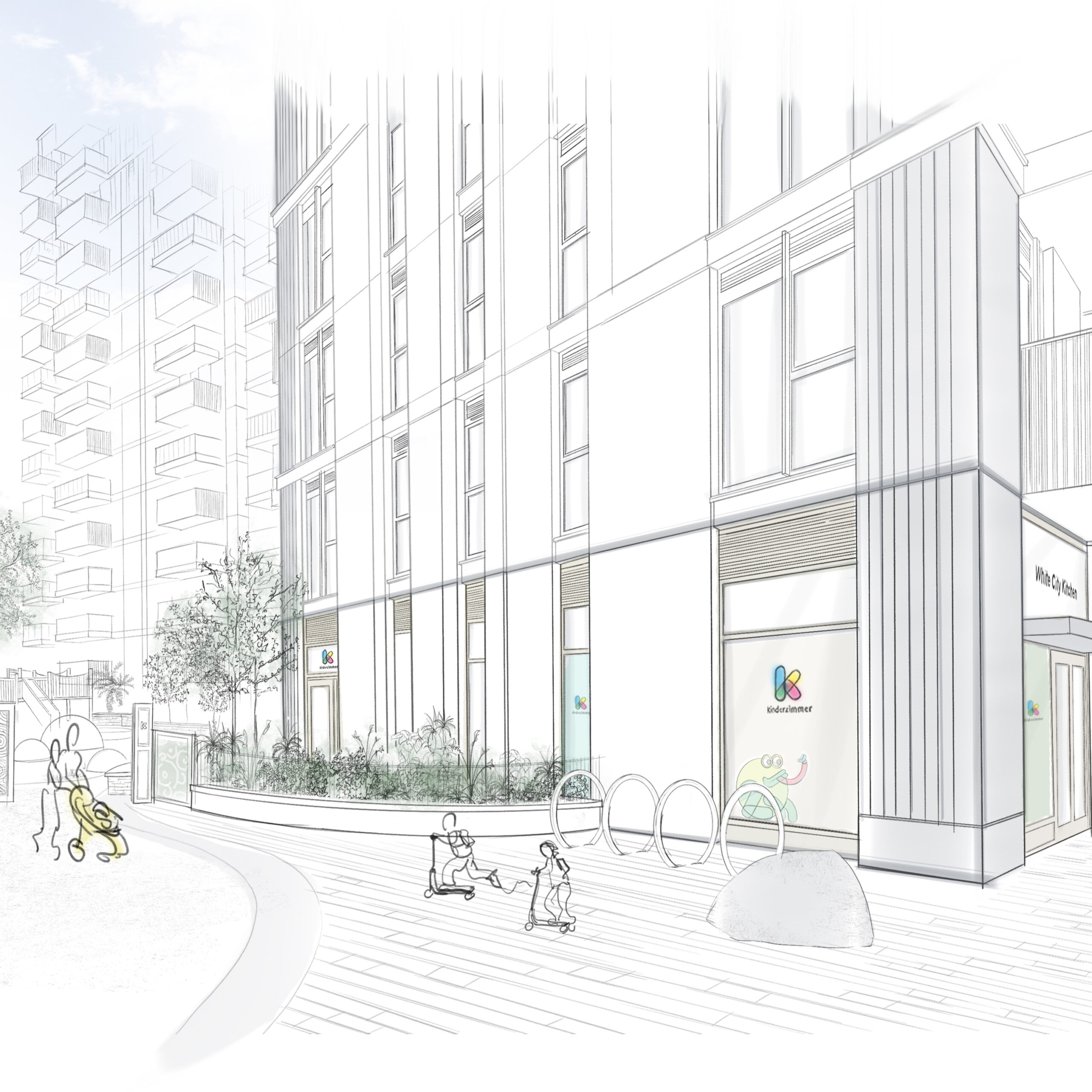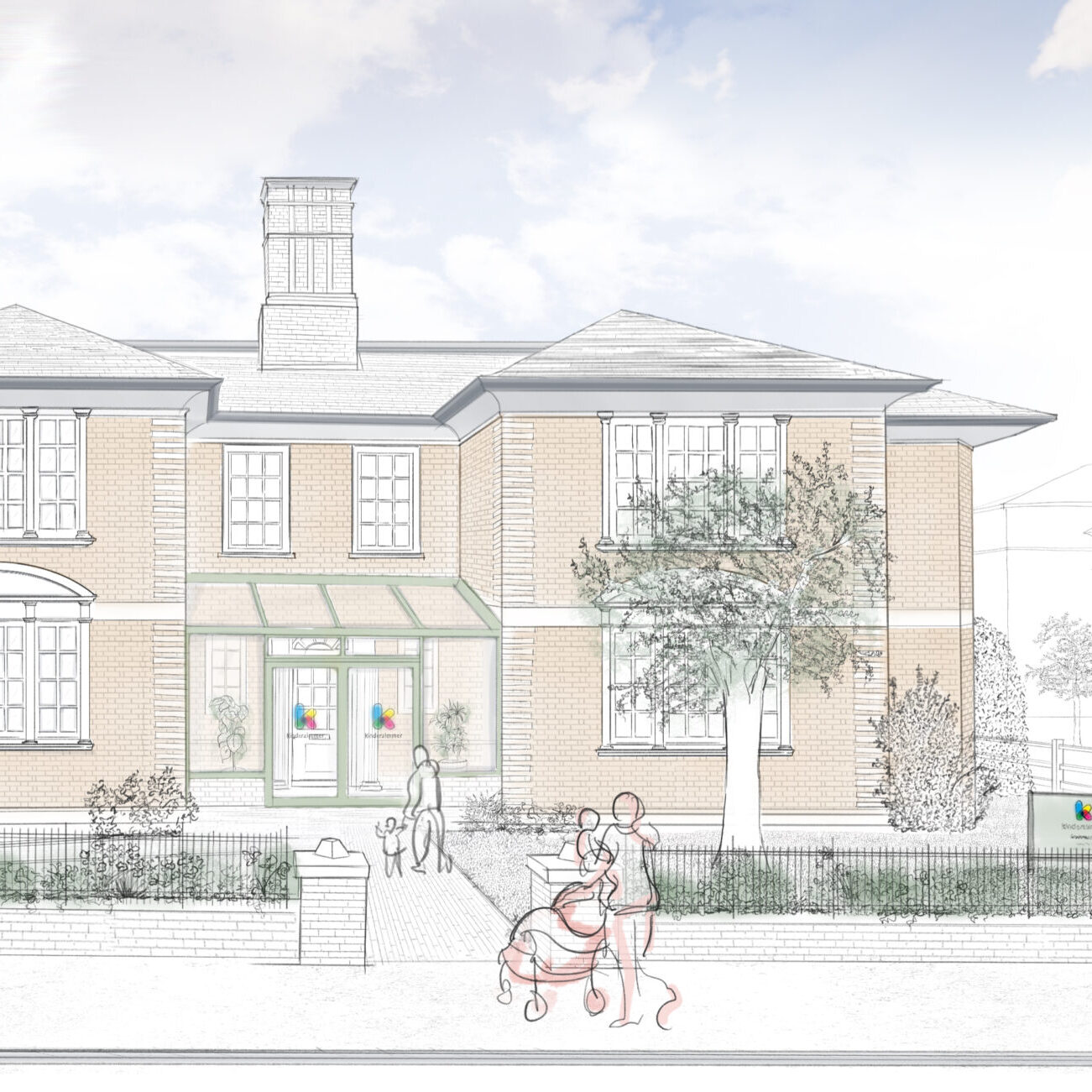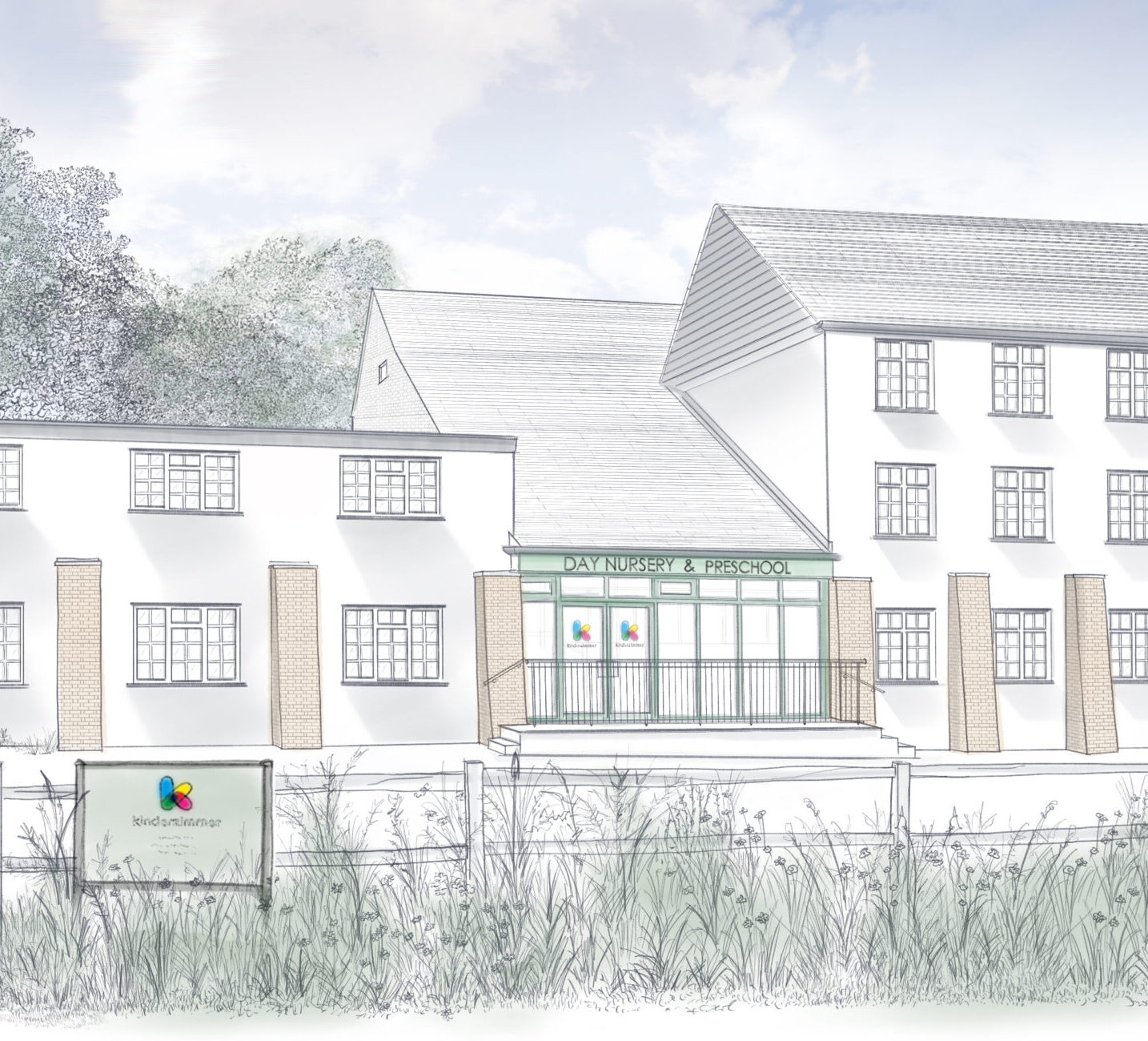Igniting Your Childs Potential: The Significance of Speech and Language Development in Early Years
25/11/24 Knowledge Base ParentingThe Significance of Speech and Language Development in Early Years
In the first few years of life, children experience an incredible and exciting period of growth and development. One of the most important areas of this development is speech and language. These early years lay the foundation for effective communication, cognitive development, and social skills, which are essential for success in later life. Understanding the importance of speech and language development and knowing how to support it can make a significant difference in a child’s life.

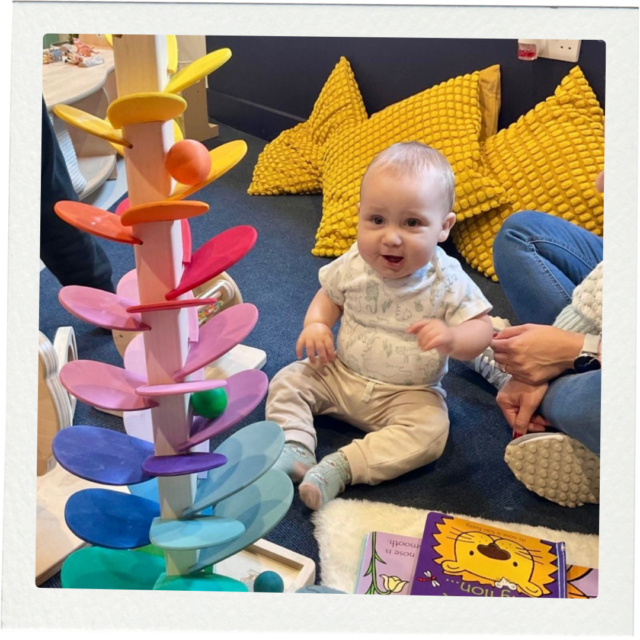
Why Does Early Speech and Language Development Matter?
1. Communication Skills: Early speech and language skills are fundamental for effective communication. They enable children to express their needs, desires, and emotions. This ability to communicate is key for building relationships and engaging with the world around them.
2. Cognitive Development: Language is closely tied to cognitive development. Through language, children learn to think, solve problems, and understand difficult topics. Early language skills are linked to later academic success.
3. Social Interaction: Language is a key tool for social interaction. Children with strong language skills find it easier to make friends, work in a team, and navigate social situations.
4. Emotional Regulation: Being able to articulate feelings helps children manage their emotions better. This is essential for developing resilience and coping strategies.
Key Milestones in Early Speech and Language Development
Birth to 12 Months
0-3 Months:
• Crying: Primary means of communication, with different cries for different needs.
• Cooing: Begins to coo and make gurgling sounds.
7-9 Months:
• Imitation: Imitates sounds and gestures.
• Sound Exploration: Combines different sounds and experiments with pitch and volume.
4-6 Months:
• Babbling: Starts to babble with consonant sounds, such as “ba” and “da”.
• Responding: Responds to sounds by making sounds, and begins to recognise and respond to their name.
10- 12 Months:
• First Words: May say simple words like “mama” and “dada” with meaning.
• Understanding Commands: Understands simple commands like “no” and “come here”.

12 to 24 Months:
12-18 Months:
• Saying 15-20 words, primarily nouns e.g. “mama”, “ball”.
• Copying Gestures: Pointing to familiar objects or people when they hear their names.
• Following simple one-step directions like “come here”, or “give me the ball”.
18-24 Months:
• Experiencing a vocabulary growth spurt, using 50-100 words or more. Average is 200, minimum would be 50 (having English as an additional language does not delay speech).
• Combining two words into simple phrases e.g. “more milk”, “big car”.
• Naming familiar body parts and everyday objects Following two-step instructions such as “pick up the toy and give it to me”.

24 to 36 Months:
24-36 Months:
• Vocabulary: expanding to 200-300 words or more.
• Speaking in 2-3 word sentences e.g. “want milk”, “big truck”, “mummy go”.
• Naming familiar objects, body parts and people Following two-three step instructions e.g. “pick up your toy and put it in the box”.
• Beginning to use pronouns like “I”, “me”, and “you” though they may still confuse them.
• Asking simple questions e.g. “what’s that?” or “where’s mummy.”
• Understanding simple concepts such as “big” and “small”, “in” and “out” or “up” and “down.”
• Enjoying a story time and able to point out pictures or objects in books when asked.
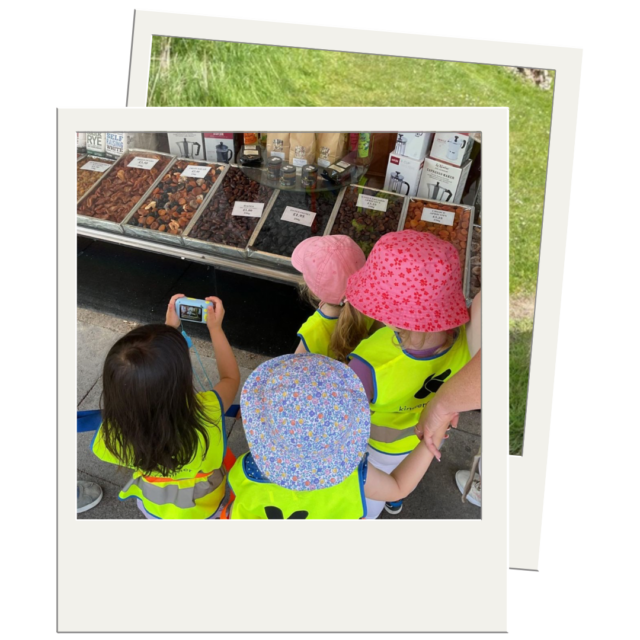
36 to 60 Months:
36-48 Months (3-4 Years):
• Speaking in 4-5 word sentences, clearly enough for strangers to understand most of what they say.
• Asking many questions, often seeking explanations for “why” things are happening.
• Following 2-3 step directions independently.
• Using pronouns, e.g. “I”, “me”, “you”, “they”, and plurals correctly. Enjoying and retelling simple stories or events from their day.
48-60 Months (4-5 Years):
• Speaking in complete sentences with complex grammar, e.g. using past, present, and future tenses.
• Carrying on detailed conversations and expressing opinions or preferences.
• Telling stories with a clear beginning, middle, and end.
• Using language to resolve conflicts or negotiate with peers. Understanding and using prepositions, e.g. “under,” “next to”) and descriptive language (e.g. “big”, “fast”).
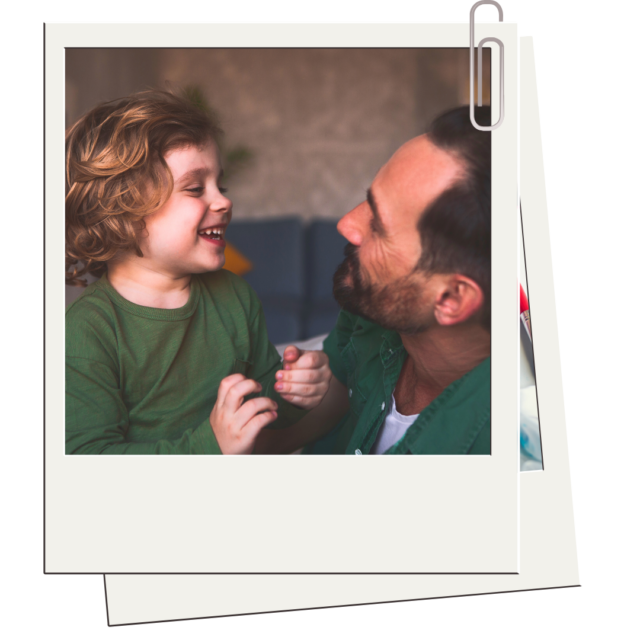
How Can I Support My Childs Speech and Language Development?
1. Engage in Conversations: Talk to your child throughout the day about various activities. Describe what you are doing, name objects, and ask questions. This constant interaction helps build vocabulary and comprehension.
2. Read Together: Reading to your child from an early age is one of the most effective ways to support language development. Choose age-appropriate books and make reading a daily activity.
3. Sing Songs and Rhymes: Songs and rhymes are great for developing phonological awareness, which is the ability to recognize and work with sounds in spoken language.
4. Play Games: Interactive games that involve following directions, naming objects, or describing actions can be both fun and educational.
5. Limit Screen Time: While some educational programs can be beneficial, excessive screen time can limit opportunities for interactive and spontaneous language use.
6. Seek Professional Help if Needed: If you notice any delays or concerns in your child’s speech and language development, don’t hesitate to seek advice from your gp or health visitor. Early intervention can make a significant difference.
Conclusion
Speech and language development in early childhood is a vital aspect of a child’s overall development. By understanding its importance and taking proactive steps to support it, parents and caregivers can help children unlock their full potential. Remember, every child develops at their own pace, but with the right support and encouragement, they can build the strong communication skills needed for a successful future.
Supporting early speech and language development is a journey that reaps lifelong benefits. By fostering a rich language environment and being attentive to your child’s needs, you can set the stage for their success in school and beyond.
At kinderzimmer we support speech and language development through various nurturing learning moments. We foster a language rich environment through every day interactions. From introducing new vocabulary on our adventure walks, purposeful and interactive story time, baking activities, expressive art and design and open ended questions. We share and learn other children’s languages, sing songs and make music daily. Every part of the day is filled with language boosting interactions and activities.
Find our more about our curriculum here!